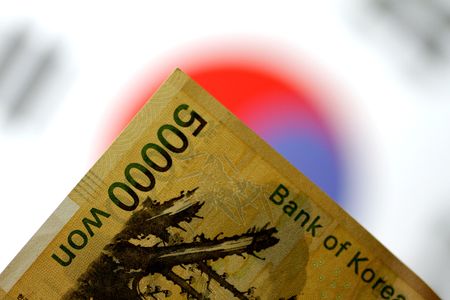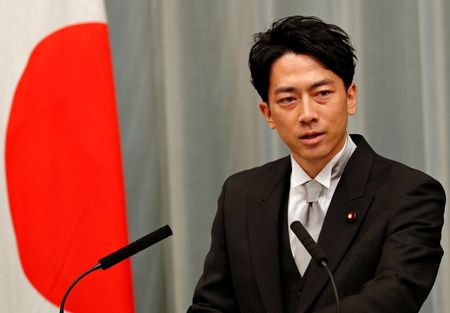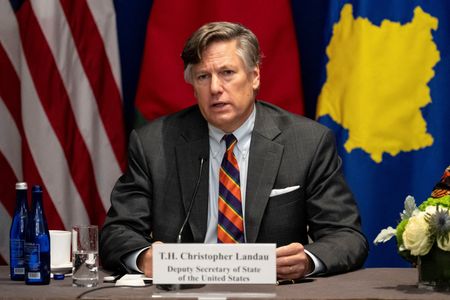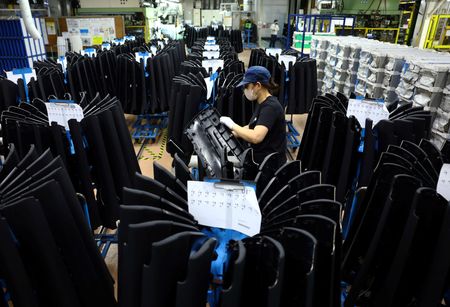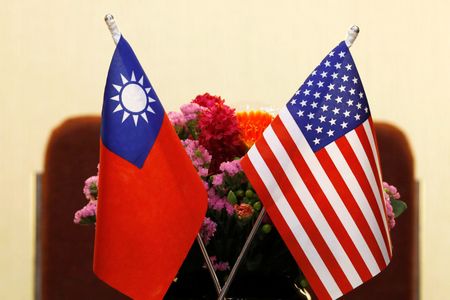SEOUL (Reuters) -The United States and South Korea agreed that foreign exchange interventions should be reserved for combating excessive volatility, without targeting exchange rates for competitive purposes, according to a joint statement released on Wednesday.
The statement mirrors an agreement between the U.S. and Japan announced last month and does not include a bilateral currency swap line, requested by Seoul to address the foreign exchange implications of a $350 billion investment package included in a framework trade deal reached in July.
“The United States and the Republic of Korea reconfirmed they have undertaken under the IMF Articles of Agreement to avoid manipulating exchange rates or the international monetary system to prevent effective balance of payments adjustment or to gain an unfair competitive advantage,” the statement said, using South Korea’s official name.
The two countries agreed that “any macroprudential or capital flow measures will not target exchange rates for competitive purposes,” according to the statement.
Compared with Japan’s, there was no mention that foreign exchange rates had to be “market determined”. South Korea said there would be continued efforts to monitor currency market “stability”, a point not included in Japan’s agreement.
“Government investment vehicles invest abroad for risk-adjusted return and diversification purposes, and not to target the exchange rate for competitive purposes,” the statement also said.
However, it did not explicitly mention South Korea’s National Pension Service, the world’s third-largest pension fund, which has emerged as a point of concern in talks with Washington.
In the foreign exchange report released in June, in which South Korea was listed on a monitoring list, the U.S. Department of the Treasury noted increasing foreign assets of the NPS and its swap line with the Bank of Korea, raising concern among market participants that it might be seen as a tool for currency intervention.
The two countries agreed in the joint statement that market intervention “should be reserved for combating excess volatility and disorderly movements in exchange rates” and would be “considered equally appropriate for addressing excessively volatile or disorderly depreciation or appreciation.”
South Korea agreed in the statement to exchange with the U.S. its market intervention operations on a monthly basis. Public disclosures will continue to be on a quarterly basis, with a three-month delay, according to a South Korean official.
Seoul will also disclose foreign exchange reserves data and forward positions on a monthly basis, as well as the currency composition of central bank reserves on an annual basis, which are already public.
South Korea and the U.S. have consulted on currency policy via a channel between finance officials since it was put on the agenda at the opening round of trade talks in April.
Their negotiations to formalise a July deal reducing U.S. tariffs on Korean imports, including automobiles, to 15% from 25%, in return for South Korea’s investment of $350 billion in the U.S., have stalled due to Seoul’s concerns over the foreign exchange implications.
The won has weakened 3% so far in the second half of this year to trade around a psychological barrier of 1,400 per dollar, underperforming most emerging Asian currencies, on uncertainty over trade talks with the U.S.
(Reporting by Jihoon Lee; Editing by Sam Holmes)

